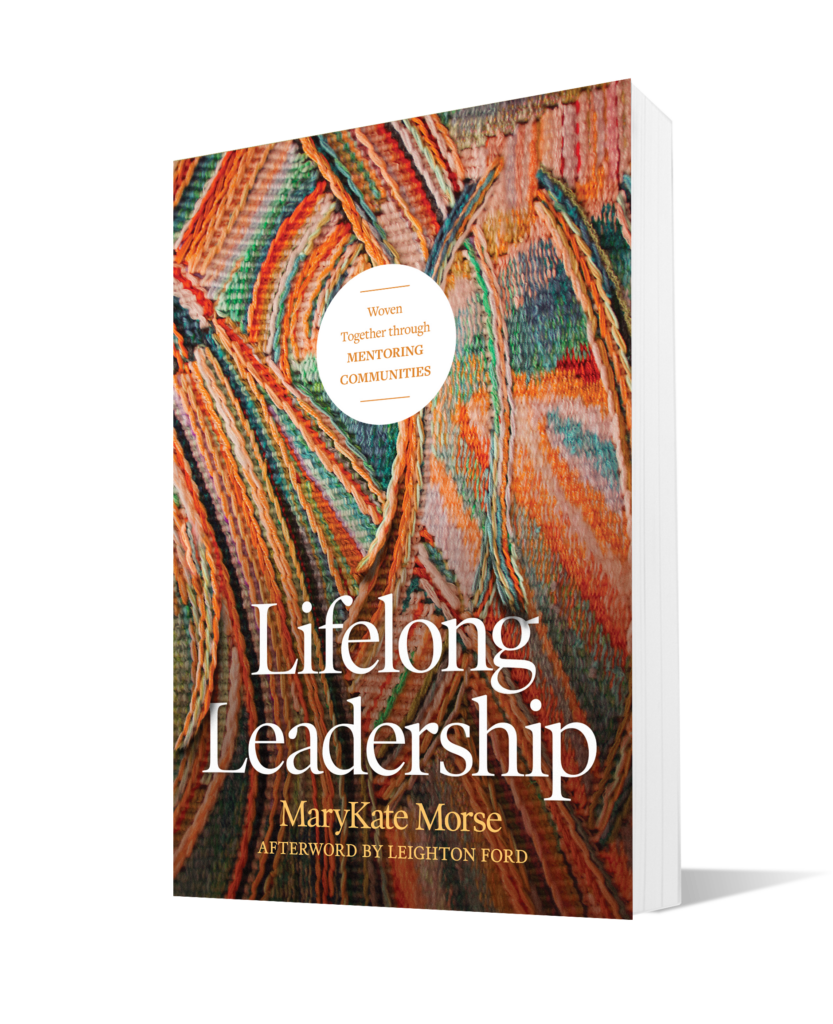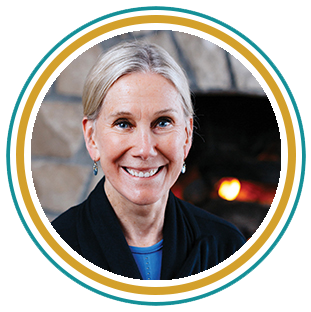Having good manners at home is a way to show respect. I always had my children wait to serve themselves and eat after everyone, including the cook, were seated at the table. I wanted my children to respect the time and effort it took to prepare a meal for them. In spiritual conversations, good manners are simply the way of honoring someone by treating everyone in the community with respect and care. Here are a few guidelines for good manners when asking spiritual questions.
- Ask questions that focus on the person sharing, not on you. When another person has the floor, resist the temptation to share stories about yourself, give explanations about your views, experiences, or theology, or ask questions that lead back to you.
- Keep the questions open, not closed. Questions that get a “yes” or “no” answer or lead the person sharing to a specific conclusion are closed. Open questions give people opportunities to honestly share whatever is going on within them.
- Always ask permission to go deeper. “Do you mind if I go a little deeper?” “May I ask you a follow-up question?” “May I push back on that a little bit?” None of the above types of questions can be forced.
- It’s a stroll, not a sprint. Match the pace of the person’s emotional state and stamina. If the person is depressed, tired, or anxious, requesting that they share more is not helpful.
The Role of Mentoring Community
Asking spiritual questions in mentoring relationships honors the person we are hosting. It says that we want to know more, that we care. That we believe everyone has a rich, beautiful spiritual world to explore. It says that darkness isn’t the end and light can always be found. It says that we are listening, and we will go with them wherever the Holy Spirit leads. It is the role of the mentor and Mentoring Community to notice the duck, to notice what might be missed without our careful attentiveness and gentle questions.
In Mentoring Communities, there are three ways spiritual questions might be used. First, as the group gets to know each other, it’s very helpful to build trust by first knocking on the door, then entering the house, and then—after the previous questions—exploring the rest of the house. Going into the interior of one’s inner house without first building trust and getting to know each other well usually results in someone hiding their true self. Trust is earned when trust is built, so asking spiritual questions from the beginning builds the foundation to press into intimate questions that allow us to see each other’s true self and authentic walk with God.
Beginning a Mentoring Community
When I begin a group or train people to start groups, I go through the question exercises that always start with the knocking-on-the-door questions that lead into the kitchen. When people experience the wonder of being asked questions and then truly listened to, they yearn for more of the companionship of a Mentoring Community.
Second, when the group is practicing the core discipline of Group Listening Prayer, sometimes after a person has shared, someone in the group might want to ask for more understanding into something the person shared. Generally, questions are not asked at this time, except for clarification.
In my group, a member recently shared about challenging events in his workplace and how he was discerning his next move. After he finished sharing, another member of the group asked a question, “Last time we were together, you shared how you experienced God in your artwork, but you didn’t mention it this time. What is happening with your art and your experience of God as you paint?” Because of the trust already built, it was the right question to ask. The sharer went on to reveal much more of his walk with God and his inner state by showing photos of his recent work.
A third way spiritual questions might be used is during the informal times when the group is on retreat together. Often, the mentor meets with each person individually, so the questions are a way to get to know each person better or follow up with them. The group often eats together, so meal times are great times to ask these types of questions. If the group is on a walk or out doing something else together, it is always an opportunity to bring the focus to Christ and each other’s journey toward wholeness for God’s glory.
Have patience with everything unresolved in your heart
and try to love the questions themselves . . .
Don’t search for the answers,
which could not be given to you now,
because you would not be able to live them.
And the point is to live everything.
Live the questions now.
Perhaps then, someday far in the future,
you will gradually, without even noticing it,
live your way into the answer.
Rainer Maria Rilke, Letters to a Young Poet



